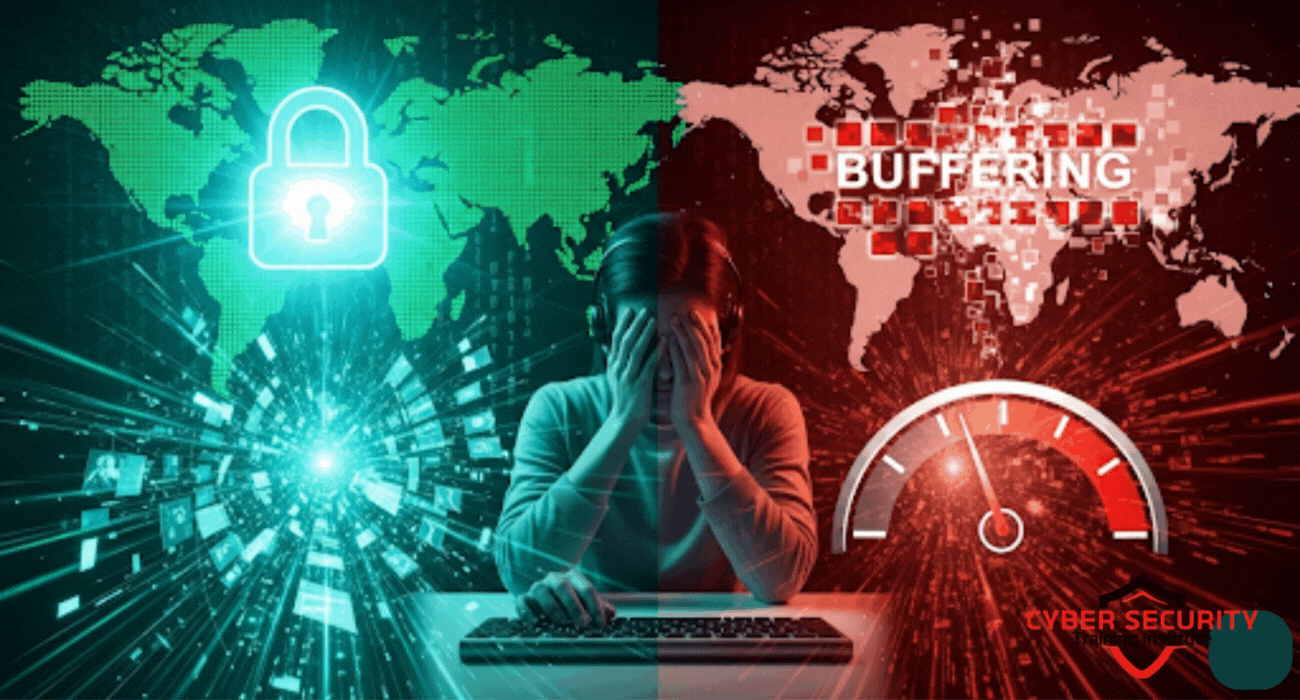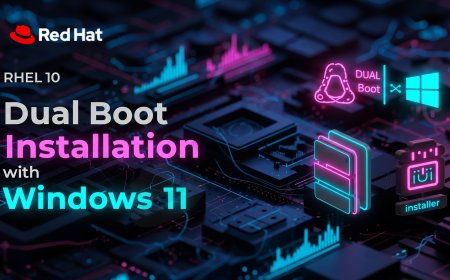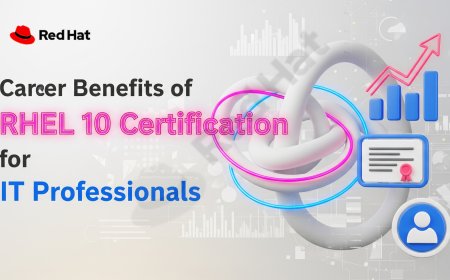Privacy vs Performance | What Current Research Says About VPN Efficiency
In today’s digital world, staying secure online is as crucial as having a fast internet connection. Virtual Private Networks (VPNs) have become a go-to solution for protecting privacy, whether you’re browsing from a coffee shop or working remotely. But there’s a catch: VPNs can sometimes slow down your internet speed. So, how do you balance privacy with performance? Recent research sheds light on this tug-of-war, and in this blog post, we’ll explore what the data says about VPN efficiency, break down the trade-offs, and help you make informed decisions about using VPNs. Whether you’re a beginner trying to understand VPNs or someone looking to optimize their online experience, this article will walk you through the key findings in a clear, approachable way. Let’s dive in!

Table of Contents
- What Is a VPN and Why Does It Matter?
- The Privacy Benefits of Using a VPN
- How VPNs Affect Performance
- What Current Research Says
- Tips for Optimizing VPN Performance
- Conclusion
- Frequently Asked Questions
What Is a VPN and Why Does It Matter?
A Virtual Private Network, or VPN, is like a secure tunnel for your internet traffic. When you connect to a VPN, your data is encrypted and sent through a remote server before reaching its destination. This process hides your IP address, making it harder for websites, hackers, or even your internet service provider (ISP) to track your online activities.
VPNs matter because they offer a layer of privacy in an era where data breaches and surveillance are common. For example, if you’re using public Wi-Fi, a VPN can protect your sensitive information, like passwords or credit card details, from being intercepted. But this added security can come at a cost: speed. The encryption process and the distance to the VPN server can slow down your connection, which is why understanding VPN efficiency is so important.
The Privacy Benefits of Using a VPN
VPNs are a powerful tool for safeguarding your online privacy. Here’s how they help:
- Data Encryption: VPNs use encryption protocols (like AES-256) to scramble your data, making it unreadable to anyone who might intercept it.
- IP Address Masking: By hiding your real IP address, VPNs make it difficult for websites or trackers to pinpoint your location or identity.
- Bypassing Censorship: In some countries, VPNs allow users to access restricted websites or content by routing traffic through servers in other regions.
- Protection on Public Wi-Fi: Public networks are often insecure, but a VPN ensures your data stays safe, even at a crowded airport or café.
These benefits make VPNs a favorite for privacy-conscious users. However, the same processes that keep you secure—encryption and rerouting—can impact your internet speed, which brings us to the performance side of the equation.
How VPNs Affect Performance
While VPNs enhance privacy, they can slow down your internet in several ways:
- Encryption Overhead: Encrypting and decrypting data requires processing power, which can add a slight delay to your connection.
- Server Distance: If you connect to a VPN server far from your location, the data has to travel a longer distance, increasing latency (the time it takes for data to travel).
- Server Load: Popular VPN servers can get crowded, leading to slower speeds if many users are connected at once.
- Protocol Choice: Some VPN protocols prioritize security over speed (e.g., OpenVPN), while others, like WireGuard, aim for a balance.
The impact varies depending on the VPN provider, server location, and your device. For example, streaming a 4K video or gaming online requires a fast connection, and a poorly optimized VPN might cause buffering or lag. So, what does recent research tell us about balancing these factors?
What Current Research Says
Recent studies have dug into the privacy-performance trade-off, testing popular VPNs to see how they stack up. Below is a summary of key findings from research conducted in 2024 and 2025, focusing on VPN efficiency.
A 2024 study by the University of Maryland analyzed 10 major VPN providers, measuring speed, latency, and security. The researchers found that modern protocols like WireGuard consistently outperformed older ones like OpenVPN, offering up to 30% faster speeds while maintaining strong encryption. However, not all VPNs support WireGuard, and some providers still rely on slower protocols for compatibility reasons.
Another report from TechRadar in 2025 tested VPNs under real-world conditions, such as streaming, gaming, and browsing. They found that premium VPNs (like NordVPN and ExpressVPN) reduced download speeds by only 10-20% on average, while free VPNs often caused drops of 50% or more due to limited server options and weaker optimization. The report also noted that choosing a server closer to your location can cut latency by up to 40%.
Here’s a table summarizing performance data from the TechRadar study for popular VPNs:
| VPN Provider | Average Speed Reduction | Latency Increase | Protocol Used |
|---|---|---|---|
| NordVPN | 12% | 15 ms | NordLynx (WireGuard) |
| ExpressVPN | 18% | 20 ms | Lightway |
| Surfshark | 15% | 18 ms | WireGuard |
| FreeVPN | 55% | 50 ms | OpenVPN |
These findings highlight that premium VPNs with modern protocols and robust server networks tend to offer the best balance of privacy and performance. Free VPNs, while tempting, often sacrifice speed and may even compromise privacy by logging user data. A 2024 Consumer Reports investigation warned that some free VPNs were found to track user activity, undermining the very privacy they promise.
Research also points to the importance of server infrastructure. VPNs with more servers and locations allow users to connect closer to their physical location, reducing latency. For instance, a study by VPNMentor in 2025 showed that VPNs with over 3,000 servers worldwide had 25% lower latency on average compared to those with fewer than 1,000 servers.
In short, the data suggests that while VPNs inherently slow down your connection due to encryption and rerouting, choosing the right provider, protocol, and server can minimize the impact. Let’s look at how you can put this knowledge into action.
Tips for Optimizing VPN Performance
Want to enjoy the privacy of a VPN without sacrificing speed? Here are some practical tips based on research and best practices:
- Choose a Nearby Server: Connect to a server in a nearby city or country to reduce the distance your data travels.
- Use Modern Protocols: Opt for VPNs that support WireGuard or proprietary protocols like NordLynx, which are designed for speed.
- Avoid Free VPNs for Heavy Tasks: Free VPNs are fine for casual browsing but often struggle with streaming or gaming due to limited servers.
- Check Server Load: Many VPN apps show server load percentages. Pick one with low usage to avoid congestion.
- Test Different Protocols: If your VPN supports multiple protocols, experiment to find the fastest one for your needs.
- Update Your VPN App: Newer versions often include performance improvements and bug fixes.
- Use Split Tunneling: Some VPNs let you choose which apps use the VPN. Route only sensitive traffic through the VPN to save bandwidth.
By following these tips, you can strike a better balance between privacy and performance, ensuring a smoother online experience.
Conclusion
VPNs are a vital tool for protecting your online privacy, but they come with a trade-off: potential performance hits due to encryption and server routing. Recent research shows that modern VPNs, especially those using protocols like WireGuard and robust server networks, can keep speed reductions to a minimum—often under 20% for premium providers. Free VPNs, while accessible, tend to lag behind in both speed and privacy. By choosing the right VPN, selecting nearby servers, and optimizing settings, you can enjoy strong security without sacrificing too much performance. Whether you’re streaming, gaming, or just browsing, understanding these trade-offs empowers you to make smarter choices in the privacy vs. performance debate.
Frequently Asked Questions
What is a VPN?
A VPN, or Virtual Private Network, creates a secure connection between your device and the internet by encrypting your data and routing it through a remote server.
Does a VPN slow down my internet?
Yes, a VPN can slow down your internet due to encryption and the distance to the server, but modern VPNs minimize this, often reducing speed by only 10-20%.
Are free VPNs safe to use?
Some free VPNs are safe, but many track user data or have limited servers, leading to slower speeds and weaker privacy.
What is the fastest VPN protocol?
WireGuard is currently the fastest VPN protocol, offering strong security with minimal speed loss.
Can I use a VPN for streaming?
Yes, but choose a premium VPN with fast servers to avoid buffering. Free VPNs often struggle with streaming.
How do I choose the best VPN server?
Pick a server close to your location with low user load for the best speed and performance.
Does a VPN hide my IP address?
Yes, a VPN hides your real IP address by assigning you one from the server you’re connected to.
Can a VPN improve my internet speed?
Rarely. A VPN might bypass ISP throttling in some cases, but it generally slows down your connection slightly.
What is encryption in a VPN?
Encryption scrambles your data so only the intended recipient can read it, keeping your online activities private.
Are VPNs legal?
VPNs are legal in most countries, but some restrict their use. Always check local laws before using one.
Can a VPN protect me on public Wi-Fi?
Yes, a VPN encrypts your data, making it much harder for hackers to steal information on public Wi-Fi.
What is split tunneling?
Split tunneling lets you choose which apps or websites use the VPN, allowing faster speeds for non-sensitive traffic.
Do all VPNs support WireGuard?
No, not all VPNs support WireGuard, but many premium providers like NordVPN and Surfshark do.
Why do some VPNs have more servers?
More servers mean less congestion and more location options, which can improve speed and access to content.
Can a VPN prevent tracking?
A VPN reduces tracking by hiding your IP address, but it won’t block all forms of tracking, like cookies.
How often should I update my VPN?
Keep your VPN app updated to benefit from performance improvements and security patches.
Do VPNs work on all devices?
Most VPNs support multiple devices, including phones, laptops, and tablets, but check compatibility before buying.
Can I use a VPN for gaming?
Yes, but choose a VPN with low latency and fast servers to avoid lag during online gaming.
What’s the difference between paid and free VPNs?
Paid VPNs typically offer faster speeds, more servers, and better privacy policies compared to free VPNs.
How do I know if my VPN is working?
Check if your IP address changes to the VPN server’s location and ensure your data is encrypted using a leak test tool.
What's Your Reaction?
 Like
0
Like
0
 Dislike
0
Dislike
0
 Love
0
Love
0
 Funny
0
Funny
0
 Angry
0
Angry
0
 Sad
0
Sad
0
 Wow
0
Wow
0















